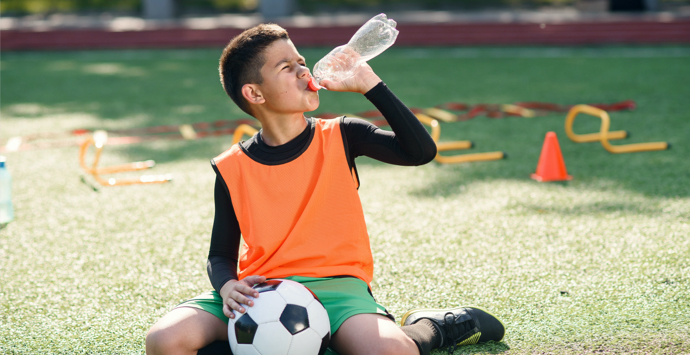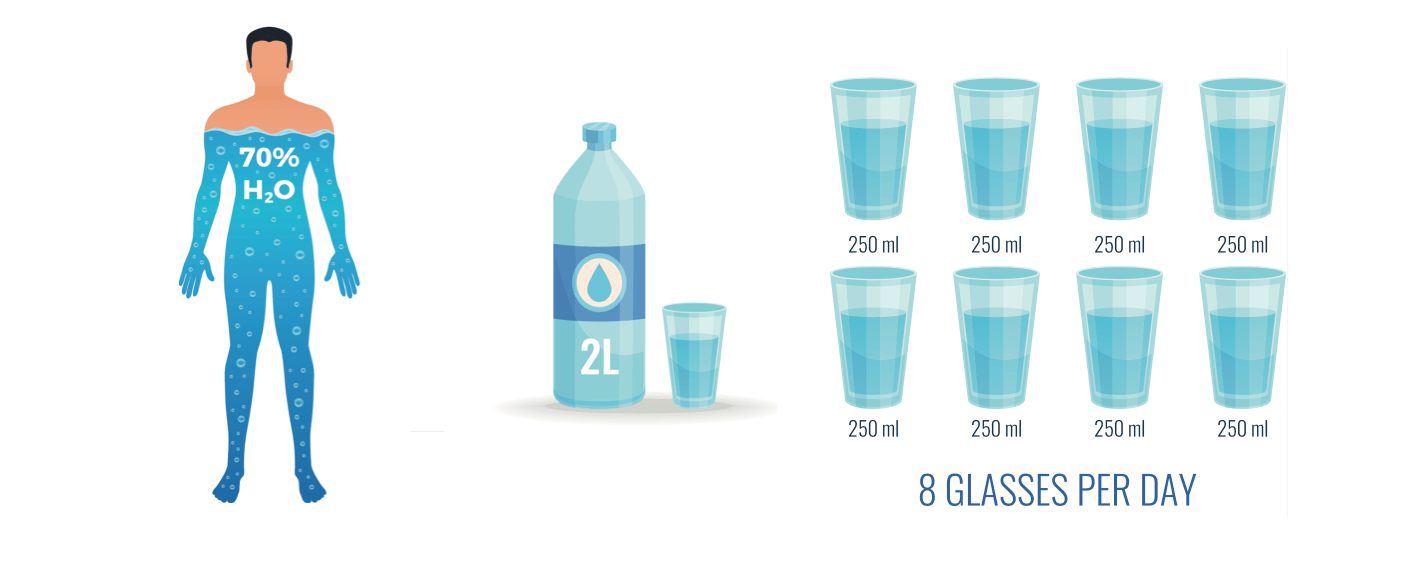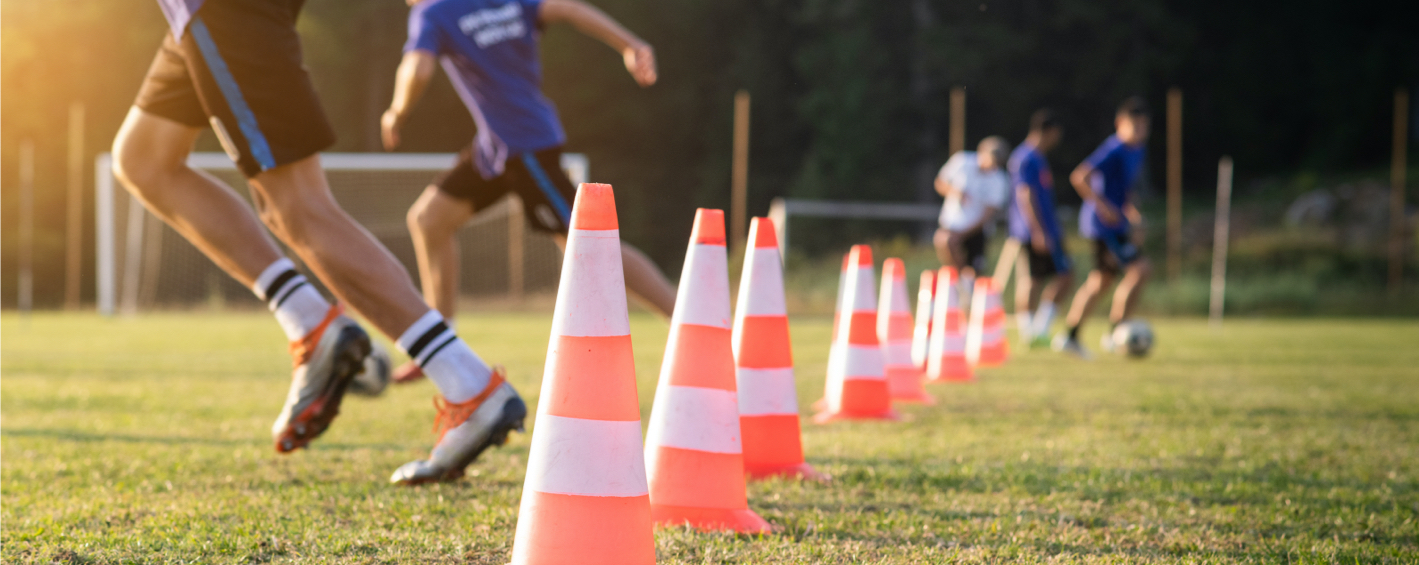Share it
Cristiano Ronaldo has promoted the benefits of fluid intake in the form of pure water on the body. These are taken for granted.
During the European championships - Cristiano Ronaldo made a statement and removed the sponsored Coca Cola can from the desk. He mentioned that individuals should “Drink Water” as opposed to carbonated drinks containing sugar. This surprised many people, especially those who see his relationship with Nike and other brands (Cristiano has a lucrative boot deal).
However, he has taken a very different approach with regard to food and drink. It has been well documented in a recent photograph with Ronaldo and Wayne Rooney that both players, although similar in age, look quite different in appearance. Rooney does look considerably older than Ronaldo. His features are shown up - whereas Christiano looks extremely good for his age and is still playing competitively at the highest level. Rooney on the other hand is not playing competitive football and is coaching at Derby.
As well as looking after himself and doing regular yoga and exercises and daily stretching - he has his meals prepared to his specification and he drinks plenty of water. Water has so many benefits and assists the body in so many ways.

Here are some reasons our body needs water:
1. It Lubricates the Joints
Cartilage, found in joints and the disks of the spine, contains around 80 percent water. Long-term dehydration can reduce the joints’ shock-absorbing ability, leading to joint pain.
2. It Forms Saliva and Mucus
Saliva helps us digest our food and keeps the mouth, nose, and eyes moist. This prevents friction and damage. Drinking water also keeps the mouth clean. Consumed instead of sweetened beverages, it can also reduce tooth decay.
3. It Delivers Oxygen Throughout the Body
Blood is more than 90 percent water, and blood carries oxygen to different parts of the body.
4. It Boosts Skin Health and Beauty
With dehydration, the skin can become more vulnerable to skin disorders and premature wrinkling.
5. It Cushions the Brain, Spinal cord, and Other Sensitive Tissues
Dehydration can affect brain structure and function. It is also involved in the production of hormones and neurotransmitters. Prolonged dehydration can lead to problems with thinking and reasoning.
6. It Regulates Body Temperature
Water that is stored in the middle layers of the skin comes to the skin's surface as sweat when the body heats up. As it evaporates, it cools the body. In sport. Some scientists have suggested that when there is too little water in the body, heat storage increases and the individual is less able to tolerate heat strain. Having a lot of water in the body may reduce physical strain if heat stress occurs during exercise. However, more research is needed into these effects.

7. The Digestive system Depends on it
The bowel needs water to work properly. Dehydration can lead to digestive problems, constipation, and an overly acidic stomach. This increases the risk of heartburn and stomach ulcers.
8. It Flushes Body Waste
Water is needed in the processes of sweating and the removal of urine and feces.
9. It Helps Maintain Blood Pressure
A lack of water can cause blood to become thicker, increasing blood pressure
10. The Airways Need it
When dehydrated, airways are restricted by the body in an effort to minimize water loss. This can make asthma and allergies worse.
11. It Makes Minerals and Nutrients Accessible
These dissolve in water which makes it possible for them to reach different parts of the body.
12. It Prevents Kidney Damage
The kidneys regulate fluid in the body. Insufficient water can lead to kidney stones and other problems. Water helps dissolve minerals and nutrients, making them more accessible to the body. It also helps remove waste products. The kidneys play a key role in balancing fluid levels. These two functions make water vital to the kidneys.
Every day, the kidneys filter around 120-150 quarts of fluid. Of these, approximately 1-2 quarts are removed from the body in the form of urine, and the rest is recovered by the bloodstream. Water is essential for the kidneys to function. If the kidneys do not function properly, waste products and excess fluid can build up inside the body.
Dehydration happens if we use and lose more water than the body takes in. It can lead to an imbalance in the body’s electrolytes. Electrolytes, such as potassium, phosphate, and sodium, help carry electrical signals between cells. The kidneys keep the levels of electrolytes in the body stable when they function properly. When the kidneys are unable to maintain a balance in the levels of electrolytes, these electrical signals become mixed up. This can lead to seizures, involving involuntary muscle movements and loss of consciousness.
In severe cases, dehydration can lead to kidney failure, which can be life-threatening. Possible complications of chronic kidney failure include anemia, damage to the central nervous system, heart failure, and a compromised immune system.
13. It Boosts Performance During Exercise

Dehydration during exercise may hinder performance. Some scientists have proposed that consuming more water might enhance performance during strenuous activity. More research is needed to confirm this, but one review found that dehydration reduces performance in activities lasting longer than 30 minutes.
14. Weight Loss
Water may also help with weight loss if it is consumed instead of sweetened juices and sodas. “Preloading” with water before meals can help prevent overeating by creating a sense of fullness.
(information sourced from Medical News Today: https://www.medicalnewstoday.com/articles/290814#kidney_damage)